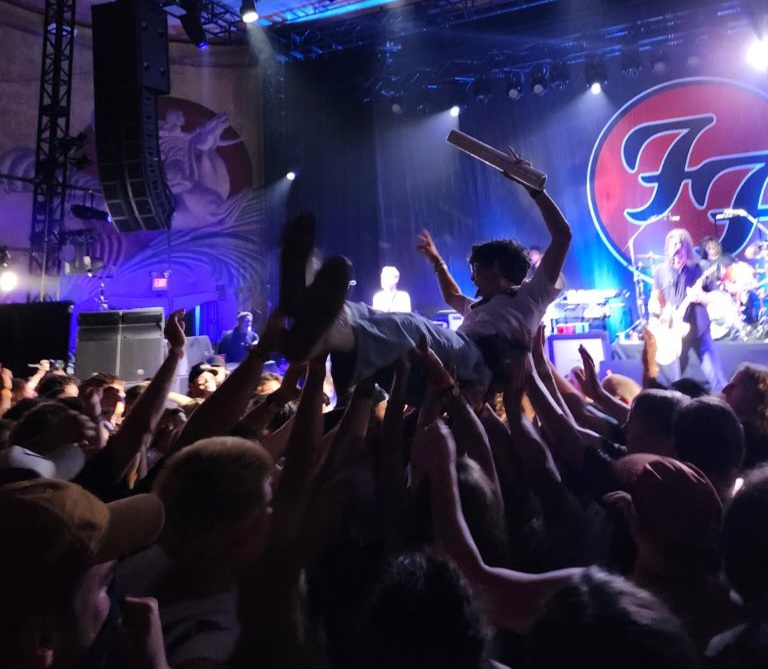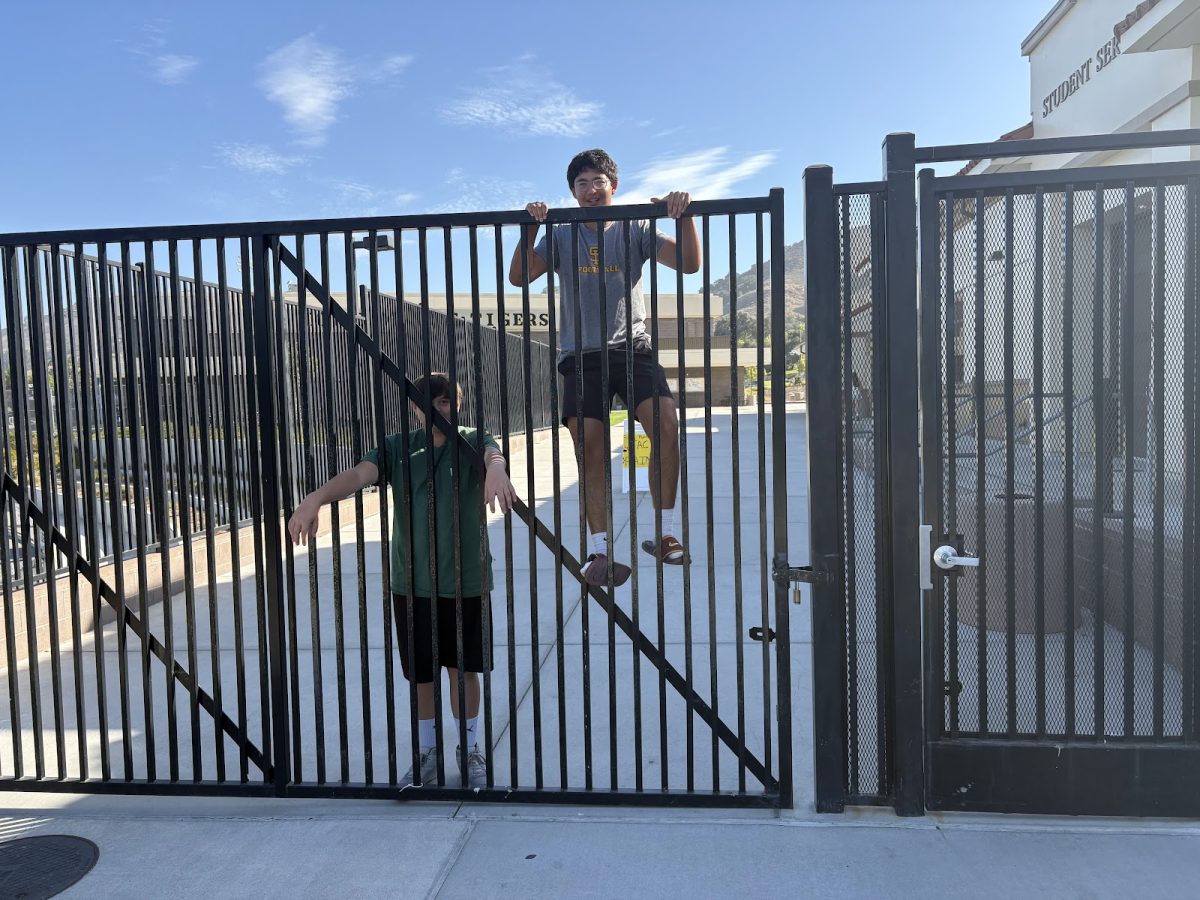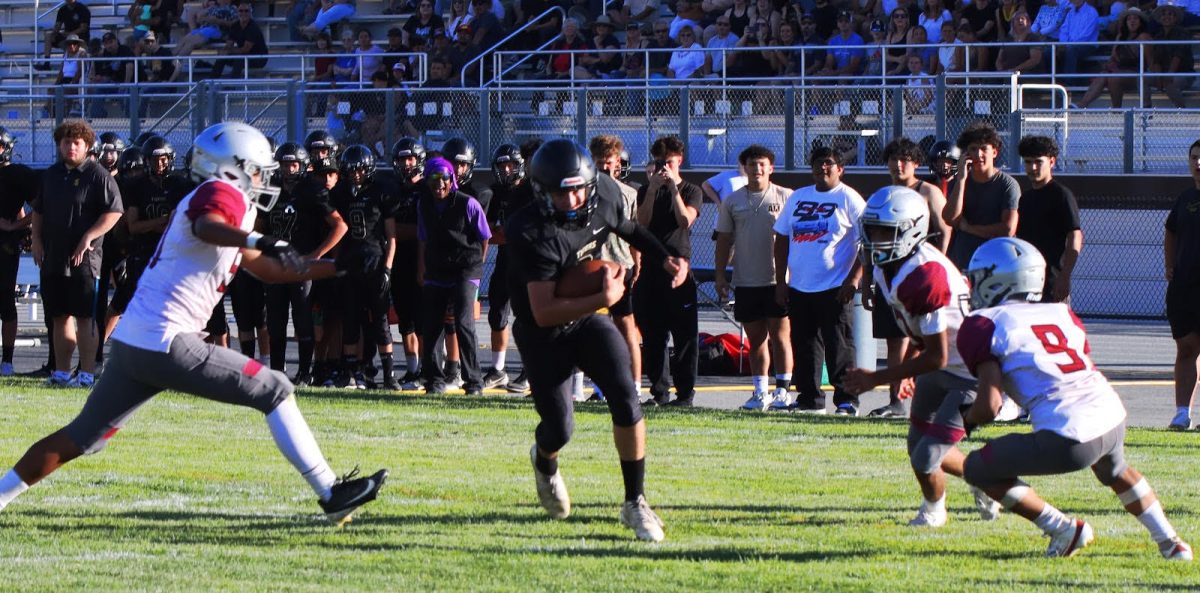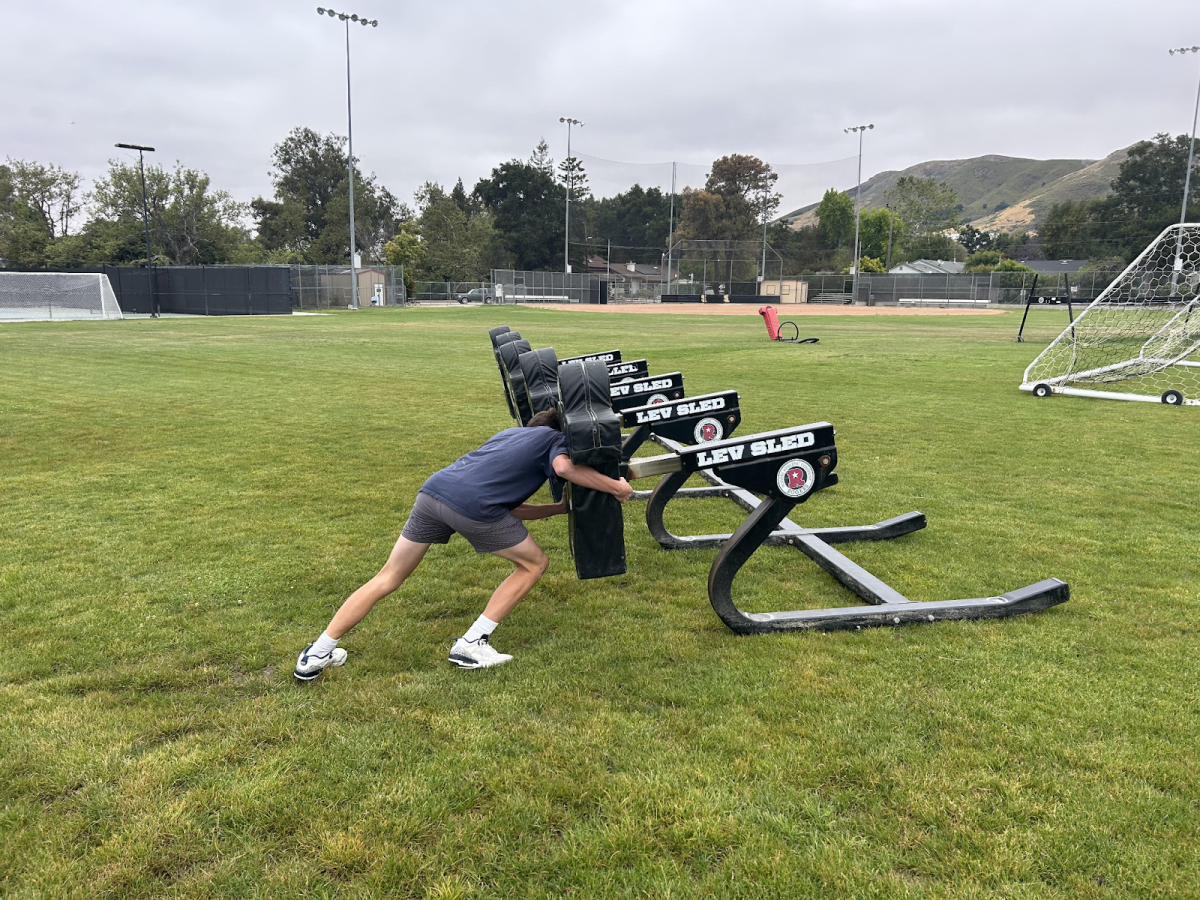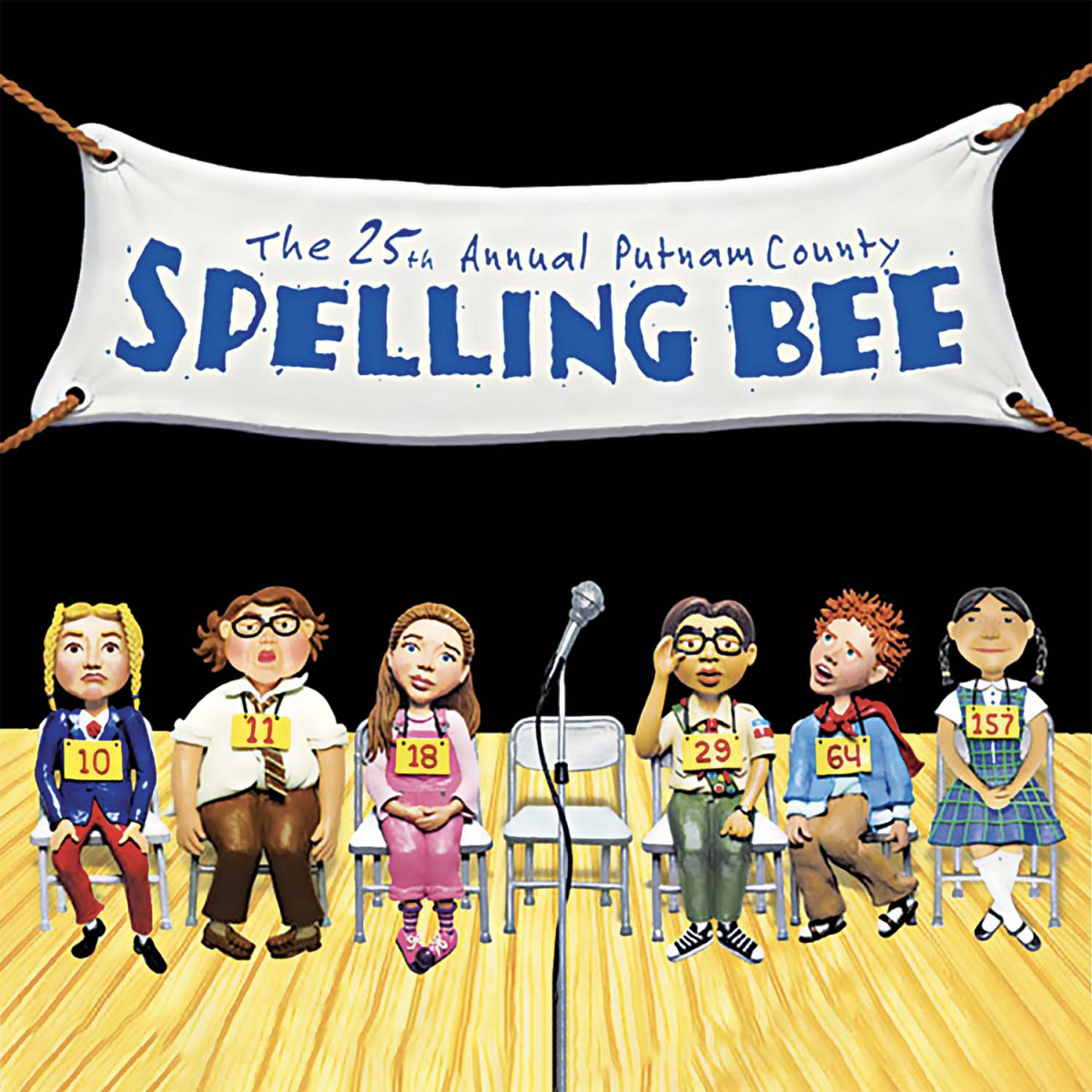Albert Einstein once said, “I am against any nationalism, even in the guise of mere patriotism.” Though patriotism isn’t always a guise for nationalism, his sentiment rings true. Patriotism is a concept that, through the course of history, has been subject to misuse and vast interpretation, and the thousands of colliding opinions at San Luis Obispo High School create an often muddled view about what it is and what it creates.
In its simplest form, patriotism is a positive initiative that galvanizes residents of a nation to feel pride for where they are, ipso facto, creating a response to facilitate positive growth. Sounds good, doesn’t it? Unfortunately, the intended effect seems only to take hold in smaller, more self reliant countries. Take Iceland for example; they are leagues beyond us in education and public works programs, but when was the last time you heard about Iceland being in a war? They are a very patriotic nation, and rightfully so. The catch is that they are so much smaller than countries like the United States, and it makes it a lot easier to have a generally positive existence.
Patriotism has been bred throughout the pages of history and has been used as a tool by the government on multiple occasions to rally the country for war. For example, the United States in WWI and WWII produced countless efforts of mass propaganda and public advertising to help create a country strong enough for war. Because of this, it ingrained a volatile sense of patriotism in the minds of Americans.
“I’m the daughter and granddaughter of veterans so I have a lot of patriotic feelings that are important to me. I think people’s feelings about patriotism are connected to their familial background,” said English teacher Laurie Decker. This is exactly what we saw in America due to war. This breeding of patriotism is where the negativity comes in. The perpetuation of one country’s superiority creates nationalistic and extremist tendencies. It brings to mind Hitler’s heightened sense of nationalism before WWII. Prior to the war, Hitler came to power because of preaching nationalistic ideals about Germany becoming a superpower once again. This gave him a base of support so wide that he was able to carry out his own agenda of mass genocide.
“Patriotism is a visceral and instinctive form of human motivation, so it’s implications ultimately depend on the people experiencing it. Extreme patriotism, on the other hand, breeds war and xenophobia,” said senior Miguel Luis Ajanel. The line that differentiates patriotism and nationalism is certainly blurred and it is impossible to be black and white in thought, but it is vastly important to be well versed in that grey area. There are so many humans, Americans in particular, who find safety and solace in trusting a nation. Yet, there are far more who have an unquestioningly loyal faith in their nation. Looking at the present administration and the clear radical pursuits of the man in orange, the ignorant nationalism of the masses is as obvious as blood on a white shirt. The healthy respect of a democratic nation and the liberties it bestows on us is indeed important. But the transition to blind support is plaguing and there might not be enough black sheep to survive.

